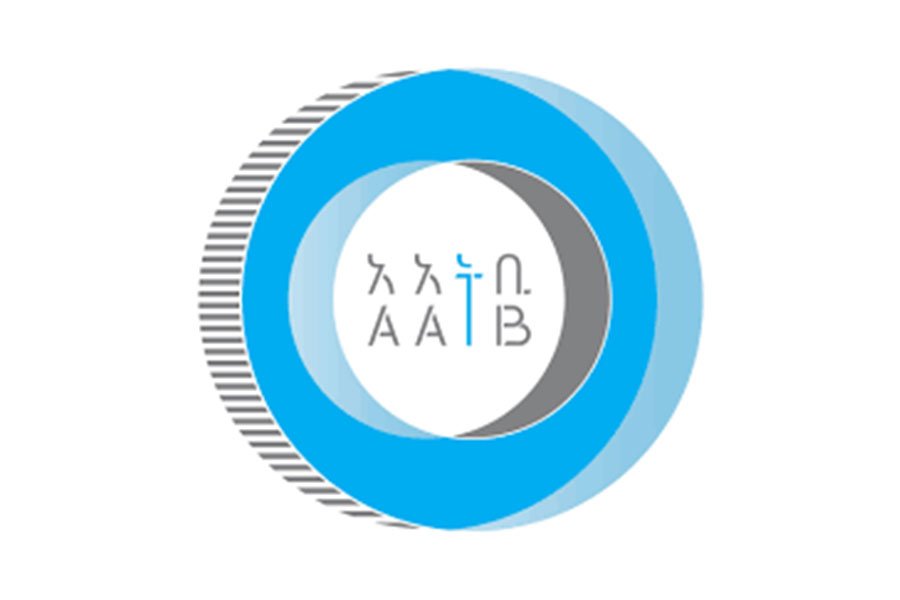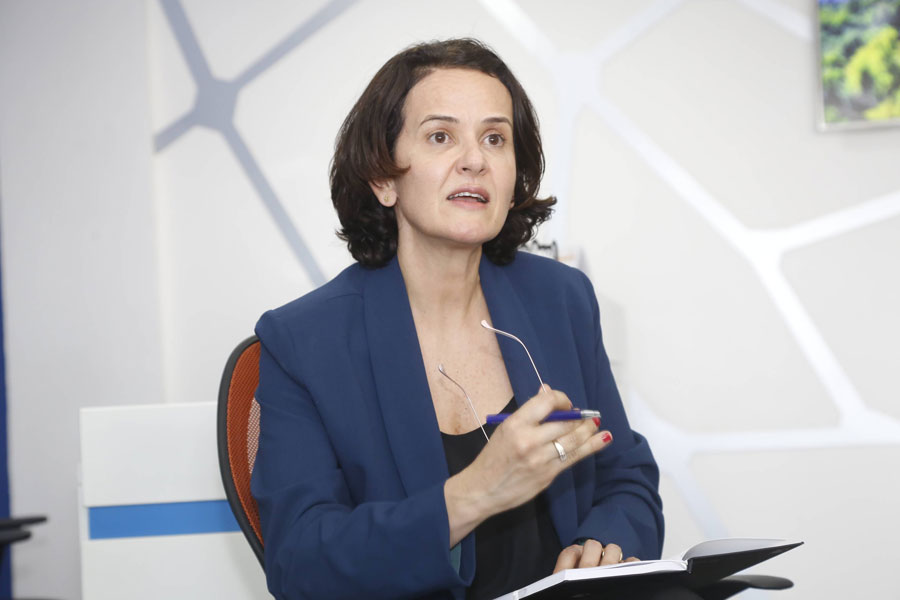
Life Matters | Jul 10,2020
Distance is never an issue for people looking for new ideas. John Trudgen introduced the Trudgen stroke to Europe in 1893, after seeing it used in South America. The stroke, employing a double over arm motion and a scissors kick, is the first successful above-water arm action used in swimming. He popularised the idea of minimising water resistance by bringing both arms out of the water, which paved the way for the reception of the now common Australian crawl adopted from South Sea natives.
Yet, very few have what it takes to be a synonym for the word invention through their imagination. But when it happens, it awes the world. When Thomas Edison died in 1931, aged 84, The New York Times devoted four and a half full pages to his obituary. Edison had less than three months of formal schooling and had a hearing impairment; his schoolteacher and mother educated him.
His unquenchable thirst for finding new ways of dealing with the physical world debunk the exaggerated claims about how socio-political and economic issues hold us back.
The entrepreneurial spirit is almost non-existent in Ethiopia. Recently, I chatted with a friend about the number of industries in Ethiopia that are at a “crossroad,” in his words, and the challenges they are facing, while we had coffee last week. As he started the list, first came telecom and banking and then the manufacturing industries.
They are at “crossroads,” he exclaimed.
His repeated mentioning of the word “crossroad,” clicked in my mind as a manifestation of our increasingly hypochondriac culture. It is a synonym for people morbidly anxious about their health, as the 19th-century German poet and dramatist Oscar von Redwitz, who reportedly may not have written of suffering as well as the likes of Goethe, but he certainly suffered more – at least in his mind. Probably history’s greatest hypochondriac, he is said to have visited a doctor every day of his life from the time he was 40, complaining of fully 10,000 different ailments or symptoms.
One needs to wonder if we are hypochondriacs about our circumstances. We are ailed day in and day out by every news and possibility. We do not innovate or maintain an entrepreneurial spirit but have accepted whatever fate awaits us as we have come to believe that most things are out of our hands. Efforts in such a culture are considered unnecessary because there are too many “crossroads” to deal with in our paths.
As I was walking home, I started to ponder about the two crossroads I had to cross. I was more than certain which way to go – the shortest route to my home – but grappled with the need to think about it. The challenge we face as a society is amplifying trivial matters to the point they shadow our entire outlook.
In fact, a theory holds that trivia derives from the Roman trivium, or “crossroads,” where people met to discuss small, insignificant things. It was also reported that during the Middle Ages, the seven liberal arts were divided into the quadrivium (consisting of arithmetic, geometry, astronomy, and music) and the trivium (consisting of rhetoric, logic, and grammar). Since the trivium was considered less substantial, and its subjects more superficial, the word trivium eventually gave us the word trivial.
The lesson here is that, once we start actively trying to address our problems, they are not nearly as challenging as we assume. A great deal of effort needs to be exerted by ourselves but the crossroad is passable with a bit of imagination and hard work. An overwhelming number of people now live in a much safer world, fuller and more comfortable to anything that humanity had experienced before throughout its history. It is a disservice to the perseverance and innovativeness of our forbears to be lazy and scared when they have left us a much better world to live in than when they found it.
PUBLISHED ON
May 21,2022 [ VOL
23 , NO
1151]


Life Matters | Jul 10,2020

Life Matters | Apr 03,2021

Radar | Feb 05,2022

Radar | Dec 19,2021

Films Review | Nov 17,2018

Exclusive Interviews | Nov 06,2021

Films Review | Mar 14,2020

Commentaries | May 08,2021

Life Matters | Jun 04,2022

Radar | Jul 11,2021

Dec 22 , 2024 . By TIZITA SHEWAFERAW
Charged with transforming colossal state-owned enterprises into modern and competitiv...

Aug 18 , 2024 . By AKSAH ITALO
Although predictable Yonas Zerihun's job in the ride-hailing service is not immune to...

Jul 28 , 2024 . By TIZITA SHEWAFERAW
Unhabitual, perhaps too many, Samuel Gebreyohannes, 38, used to occasionally enjoy a couple of beers at breakfast. However, he recently swit...

Jul 13 , 2024 . By AKSAH ITALO
Investors who rely on tractors, trucks, and field vehicles for commuting, transporting commodities, and f...

Nov 1 , 2025
The National Bank of Ethiopia (NBE) issued a statement two weeks ago that appeared to...

Oct 25 , 2025
The regulatory machinery is on overdrive. In only two years, no fewer than 35 new pro...

Oct 18 , 2025
The political establishment, notably the ruling party and its top brass, has become p...

Oct 11 , 2025
Ladislas Farago, a roving Associated Press (AP) correspondent, arrived in Ethiopia in...